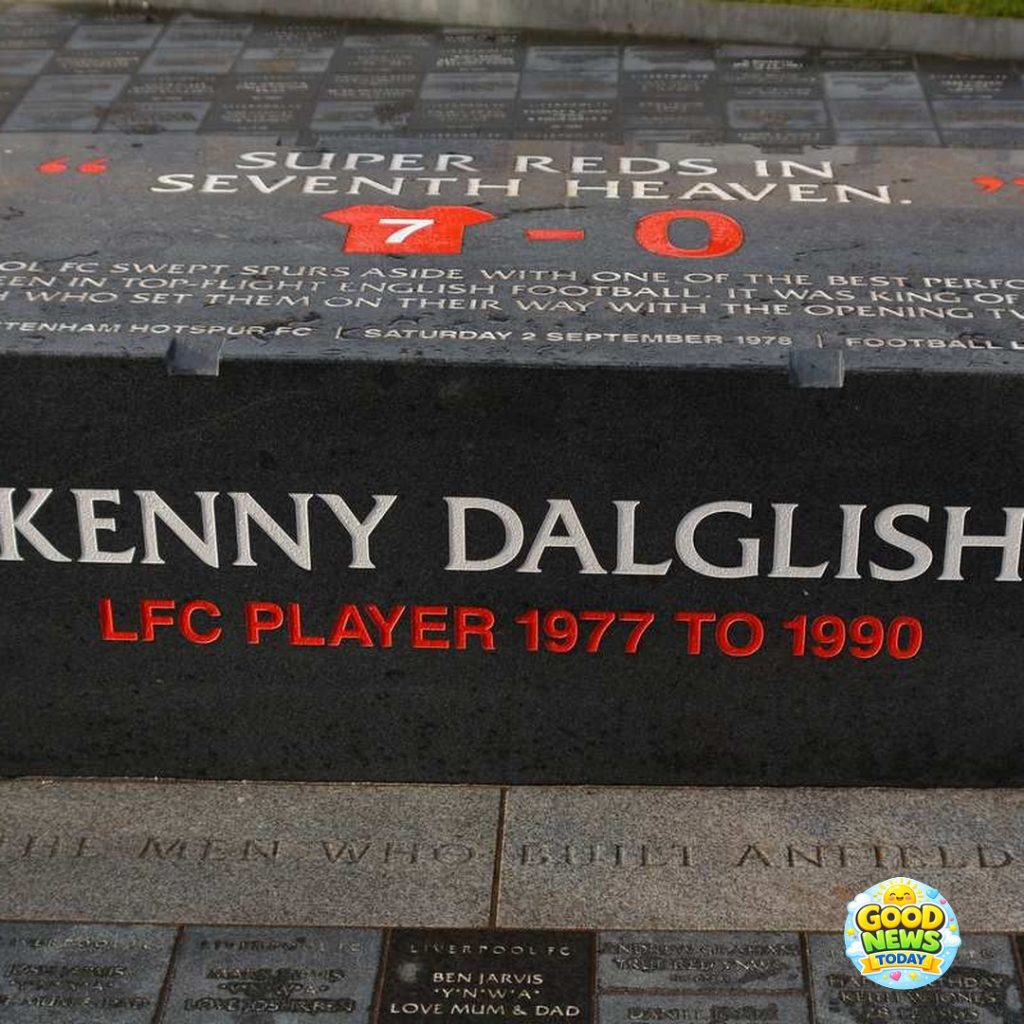In an era dominated by instant reactions and viral imagery, a single expression can speak volumes. Recently, a photo circulating widely across social media platforms has caught the attention of millions — a man whose look has been described in countless captions as “so defeated 💀.” The image, though lacking explicit context in the post where it first appeared, has since triggered widespread speculation and empathy as users interpret the emotions captured in a single, powerful moment.
The power of a visible defeat is nothing new in the public sphere, yet some expressions resonate more deeply due to the intensity of the moment or the stature of the individual involved. The man in the photo — whose identity has not been officially confirmed in connection to the viral post — appears overwhelmed, exhibiting the body language of surrender, exhaustion, or profound disappointment. His posture, facial tension, and slumped demeanor collectively hint at a significant emotional or situational blow.
Across social media, viewers have projected their own narratives onto the image, ranging from personal struggles to high-profile setbacks. Public figures in recent weeks have faced notable defeats, from election outcomes and business controversies to professional sports losses and artistic disappointments. This image encapsulates what many acknowledge silently: the human experience of facing failure or overwhelming circumstances.
Why does this matter? Why does one “defeated” expression capture global attention? It’s an emotional earthenware vessel, shattered and laid bare. It strikes a universal chord because defeat is an inherent part of life — whether personal or professional. Observers connect with vulnerability in a way that polished success photos rarely provoke. This particular moment, shared with the haunting skull emoji “💀” that connotes both a humorous and solemn take on despair or exhaustion, has become a meme and a talking point, signifying everything from sympathy to schadenfreude.
Some analysts suggest that in today’s hyperconnected digital landscape, moments of raw emotion become digital currency, fueling discussions about mental health and resilience. Expressions of defeat, once hidden behind closed doors, are now broadcast and dissected, encouraging public conversations about handling setbacks with grace and strength.
While the exact story behind this image remains partially unknown, its viral trajectory underscores a broader cultural shift: a move toward embracing imperfection and vulnerability in public personas. Whether a celebrity, athlete, politician, or everyday individual, showing defeat is no longer taboo but can be a powerful act of authenticity.
What’s next for the man in the photo? Time will tell, though the overwhelming response suggests that many stand ready to support a comeback narrative. The intense focus on this moment, amplified by collective empathy and digital sharing, transforms a fleeting instance of defeat into a symbol of resilience yet to be written.
In conclusion, this viral expression of defeat is more than just a reaction image — it’s a mirror reflecting communal experiences of vulnerability and the hope for redemption that often follows deep disappointment.



